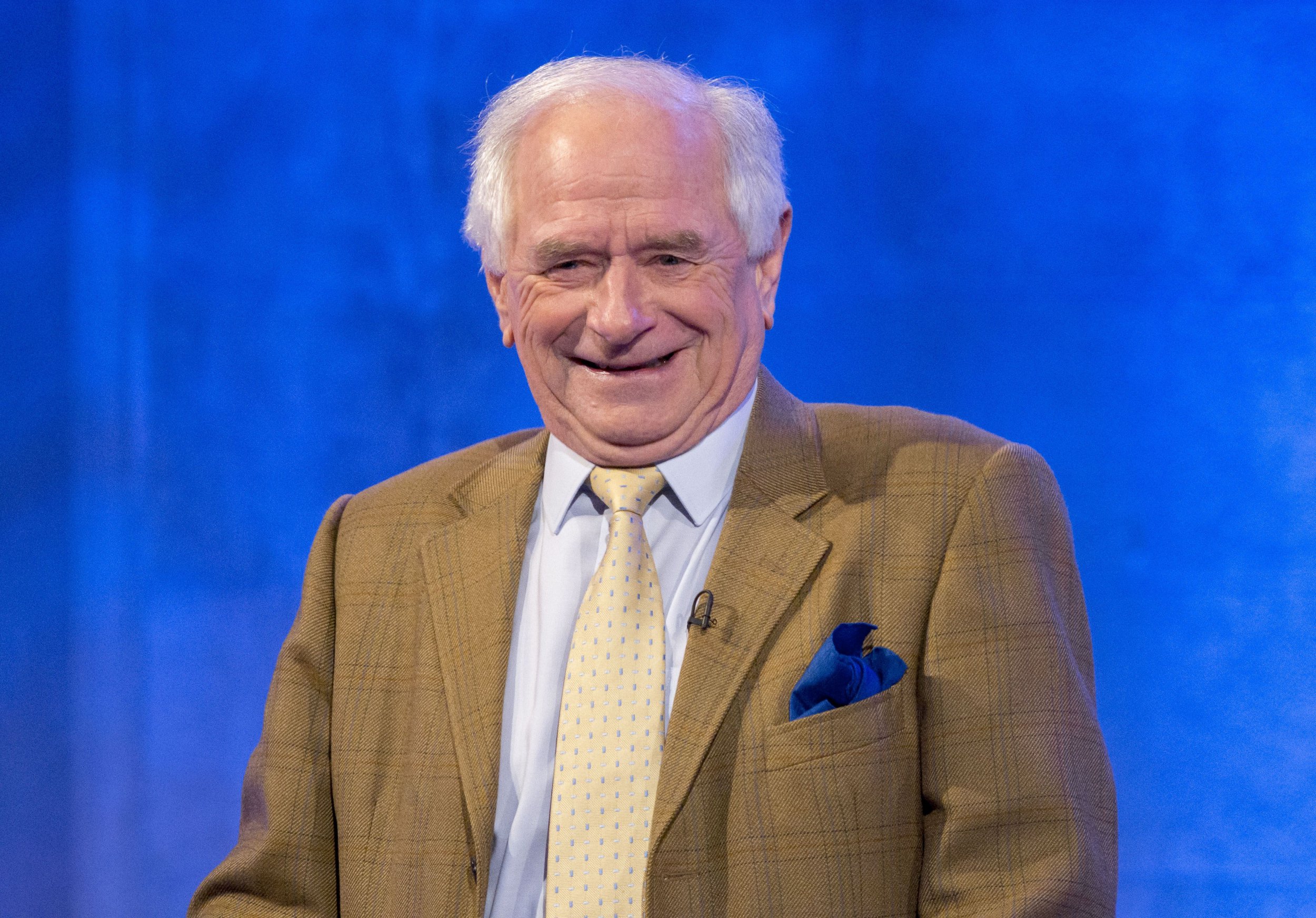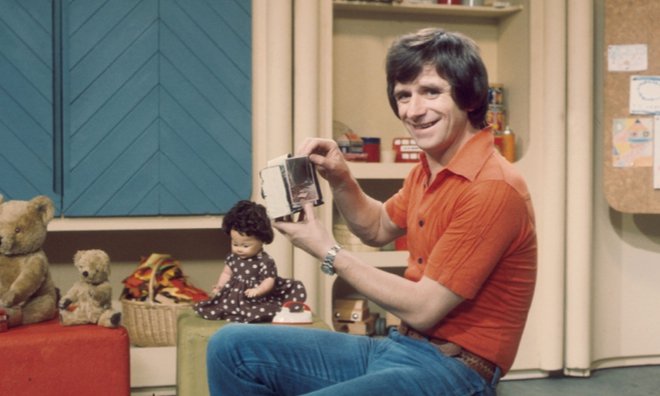
The has been accused of destroying children’s television by one of their iconic presenters.
Johnny Ball – who previously fronted the likes of Think a Number and Play for the broadcaster – has criticised the corporation’s decision to move kids programming to dedicated channels.
In 2002, CBBC was relaunched as a separate channel, and the 81-year-old star has insisted such moves marked a shift in viewing habits.
‘The BBC destroyed children’s TV by giving it its own channels. Blue Peter on one occasion last year recorded no viewers,’ he told the Telegraph.
In 2017, , but the BBC offered an explanation at the time.
‘The episode in question is our repeated “signed” version which needs to air on CBBC in order to appear on BBC iPlayer – an important service for viewers who use BSL (British Sign Language),’ a spokesperson told Metro.co.uk.


‘An additional repeat of this episode in a different time slot had an average audience of 46,000 and a 10.3% share of children aged 6-12 which is above the slot average. It has also been viewed 39,000 times on BBC iPlayer so far.’
Ball – whose daughter is Radio 2 DJ – first hosted Play School from 1967, and later starred in a number of educational programmes until the 1990s.
He claimed the rise of ’90s drams like Byker Grove sparked a decline in kids TV viewing figure.
He argued: ‘[They] taught kids how to be naughty, which they already learnt for themselves.’

Reflecting on his own time on the small screen, he thinks the programming in his heyday is missing from today’s schedule.
‘In our factual days, we were by far the finest children’s TV production unit in the entire world,’ he added. ‘My shows might stand repeating even today.’
However, Ball – who left the industry in 1994 – admitted he doesn’t have much luck when it comes to pitching ideas to industry bosses.
‘The doesn’t ring as often as I’d like,’ he said. ‘People seem to want simpler and stupider ideas than I do.’




















